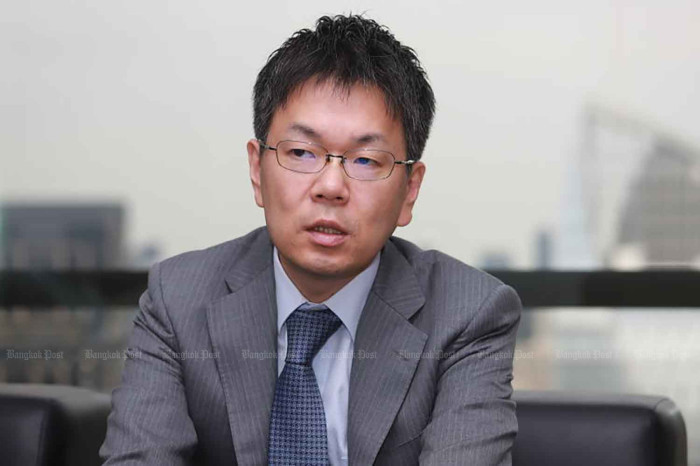Japan’s advanced energy technologies could play a crucial role in helping Thailand achieve its green transition goals, say Japanese trade experts.
As Thailand targets carbon neutrality by 2050 and net-zero emissions by 2065, Japan has underlined its commitment to supporting these ambitions through innovation, investment, and technology transfer.
Recently, the Japan External Trade Organisation (Jetro) Bangkok and Thailand’s Ministry of Energy co-hosted the “Thailand–Japan Green Energy Business Forum: Toward a Low-Carbon Future”, aimed at strengthening bilateral cooperation in clean energy.
Speaking after the event, Ichiro Abe, president of JETRO Bangkok, told the Bangkok Post that Japan’s experience in energy efficiency dates back to the 1970s energy crisis, which spurred the development of advanced energy-saving technologies for manufacturing and industry.
“Japan is ready to share these innovations with Thailand, including energy visualisation systems that help manufacturers monitor consumption, optimise operations, and reduce costs,” Mr Abe said.
Improving efficiency, he added, is vital for competitiveness as Thailand remains a key manufacturing hub for Japanese firms.
Shigeru Kikuchi, a representative of Japan’s New Energy and Industrial Technology Development Organisation (NEDO), said that since 2020, the Japanese government has invested about 10 trillion yen annually across eight agencies to accelerate new energy technologies.
Thailand’s economic growth, with GDP rising from US$88 billion in 1990 to US$500 billion in 2020, shows its readiness to adopt clean technologies, Mr Kikuchi said.
Currently, 5,856 Japanese companies operate in Thailand, and over 78,000 Japanese nationals live there, according to JETRO and the Japanese Foreign Affairs Ministry.
Under NEDO’s initiatives, Japan is collaborating with Thai counterparts on projects involving hydrogen energy, electric vehicles, biofuel recycling, and industrial waste management, he said.
One pilot programme involves testing a Home IoT system [an ecosystem where devices communicate through the Internet of Things] in 32 Thai households to help reduce energy consumption without compromising comfort.
Further cooperation is underway through the Asia Zero Emission Community (AZEC) and its Decarbonisation Potential Assessment Programme (DPAP), which links Thai and Japanese firms to explore carbon reduction solutions.
Challenges remain, including limited networks, cultural differences, and a shortage of local expertise. “Still, these challenges present opportunities for meaningful collaboration.”


AloJapan.com